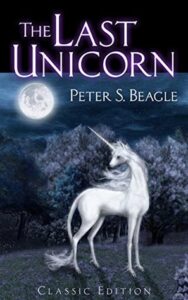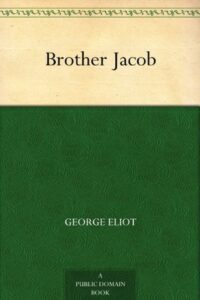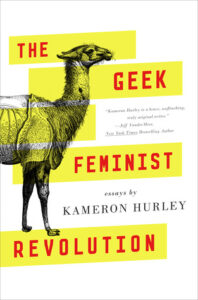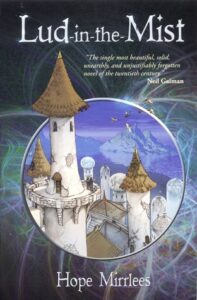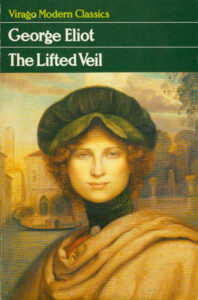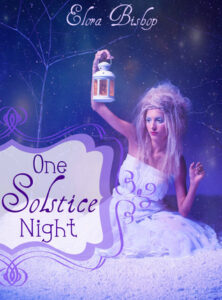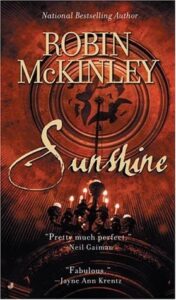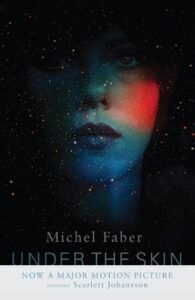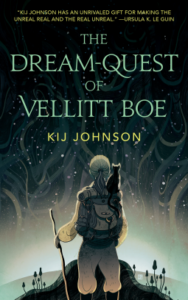 The Dream-Quest of Vellitt Boe, by Kij Johnson
The Dream-Quest of Vellitt Boe, by Kij Johnson
Received to review via Netgalley
I don’t know Lovecraft’s work very well, but that turned out to be okay: Johnson’s version of the Dream-Lands works as well without, as far as I can tell — maybe better, because I don’t know what she skipped or twisted, I didn’t make the comparisons others probably make. It stands on its own, weaving Kij Johnson’s skill with Lovecraft’s dark visions; I couldn’t tell you where the gaps are. I think I’d prefer to approach it as I have, because then you can just experience it as a story.
And as a story, it works well: perfectly paced, taking us on a slow quest through a world that’s strange and sometimes horrible, and yet also wonderful. I really enjoyed the way things could be awful in appearance and grotesque in actions, and yet not necessarily evil or unbound by a sense of honour: the ghouls here are fascinating, for all that they’re not the focus of the story, because they eat dead flesh and yet they have a culture, they have agreements, etc. Things are not quite clear-cut.
The main character, Vellitt Boe, is an interesting choice: she’s in her fifties, a former wanderer who became a teacher and who now has to go back to wandering. She’s capable but not perfect, no longer in her prime, no longer quite ready for the hardships of the road. There’s a nice sense of certainty with her: she knows who she is and where she’s going, what her goals are, and she doesn’t shrink from it or try to run away.
I enjoyed this a lot, and wouldn’t mind wandering through the Dream-Lands again. I’m not sure if I’ll read Lovecraft — knowing his attitudes and the way his work ignored women, it might just be too frustrating — but I certainly feel the temptation.

